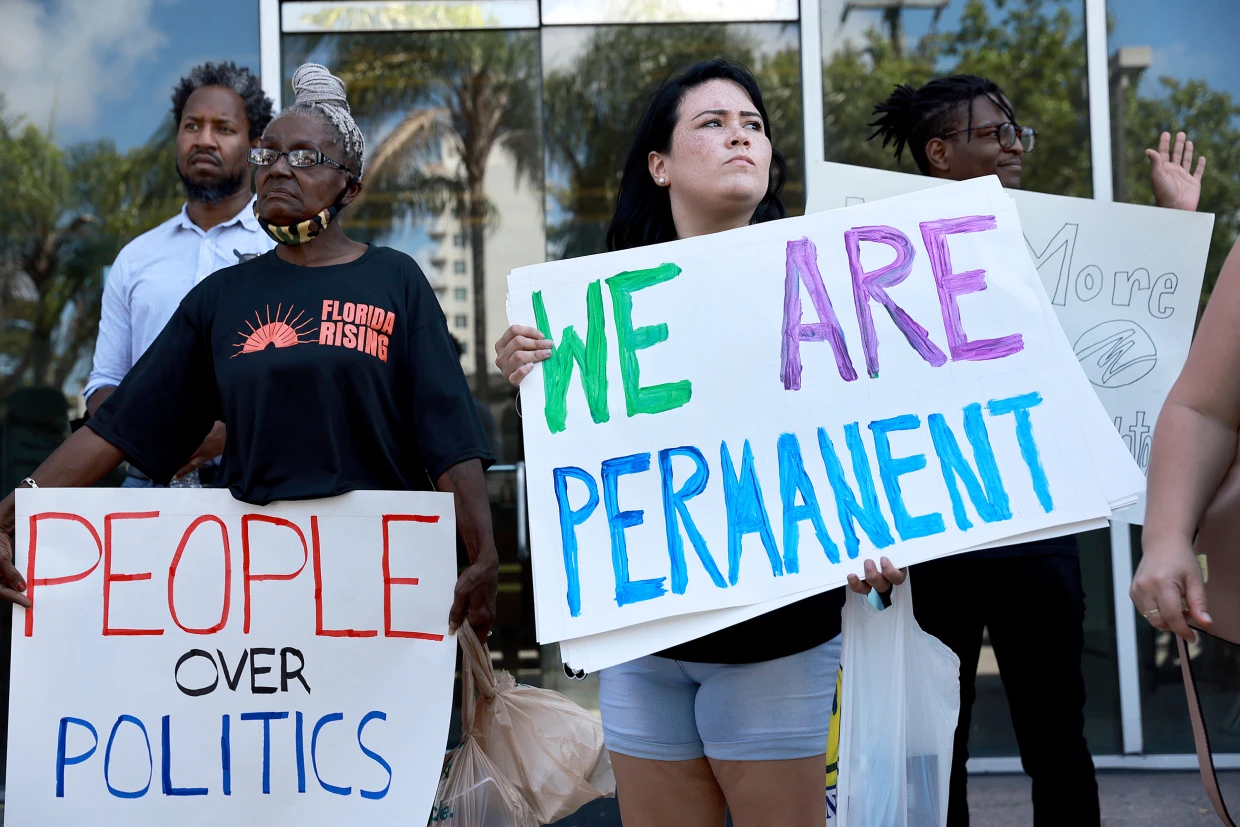@Home in the Public Sphere: An Interview with Melonie Fullick, Graduate Student and Public Intellectual – Part 1
Melonie Fullick is a PhD candidate in Education at York University who is currently researching the marketization of higher education. Her articles have appeared in print and her blog, Speculative Diction, appears regularly in the national online publication of University Affairs. Her tweets @qui_oui are followed by an audience of over one thousand and growing.
who is currently researching the marketization of higher education. Her articles have appeared in print and her blog, Speculative Diction, appears regularly in the national online publication of University Affairs. Her tweets @qui_oui are followed by an audience of over one thousand and growing.
1. Melonie, you are currently a graduate student working on a PhD in education policy and institutional governance at York University. I believe you started your second career as an academic blogger back in 2010. What initially sparked your interest in blogging?
I started learning how to use Twitter before I started blogging. I had an account and didn’t use it for a long time, but eventually clued in to the fact that it could be a helpful tool for finding people who shared my interests. Of course a lot of bloggers use Twitter as well, so I eventually started to see what other people were writing about postsecondary education (mostly in the U.S.).
After about a year of following the news and blogs, I started my own blog because I felt that based on what I’d learned about PSE [post-secondary education] during my graduate studies, there were things “missing” from the public debate and I wanted to talk about those things and share them with others. There were very few people commenting on Canadian education, and there was little connection between critical work being done in my research area and the media coverage about universities. I already felt I had a good level of understanding of the academic research because I had been working on that during my MA and PhD to that point. So I had to get to the point where I felt like I knew the “field” in terms of the public discussion, and what I could contribute.
Blogging was a lot more immediate than academic publishing, which I knew I “had” to do if I wanted an academic career. There was much less pressure, which meant I was more likely to finish what I wrote. Knowing that someone might read it also felt like motivation. Academic publishing felt very difficult because there were a lot of barriers, and there was the need to use ideas in the way others think one should, so it seemed restrictive. It’s very normative, and there are reasons why that works and other reasons why perhaps it doesn’t work as well as it should. That’s one reason why there’s a lively debate now going on about the sustainability of current models of academic publishing.
2. In your work, you have mentioned several positive outcomes associated with academic blogging, including “networking and collaborating, finding new audiences and opportunities, disseminating research more widely, and building one’s reputation.” Also mentioned is being invited to contribute to peer-reviewed publications, winning consulting contracts outside of academia, and developing a research community across disciplines. Now that you are established in the field, can you imagine yourself no longer blogging? What would you say to detractors of blogging as academic practice?
I don’t really feel as if I’m established in any field; I still have a long way to go. The blog has been successful so far and it’s something I want to keep going not just because I enjoy the forum for discussion, but also because it’s receiving more attention and that’s helping to make connections that are more likely to lead to meaningful opportunities. When you have people reading what you write, and reading it partly because you’ve built up a kind of “trust” with readers, then it becomes a great way to communicate what you’re doing to a larger audience than an academic paper would reach. So I don’t think I would stop blogging even if I had a faculty job or whatever else I do, because it’s really one forum among many.
The blog wasn’t really instrumentally motivated—by that I mean that I just wanted to express my thoughts on debates that were already happening, not create a “name” for myself or amass a large number of followers or find a job. Those things can feed off each other though (more followers, more conversation, better ideas/writing). I think I also asked myself, if I fell off the planet tomorrow, would I have made any contribution to the way people think about the issues I’ve studied? Or was I waiting for institutional permission to contribute?
3. Your blog Speculative Diction was picked up by University Affairs, the Canadian national postsecondary news publication, in 2011. Has your approach changed as a result of your new potential audience?
Yes, though I think I’ve always had certain boundaries around what I wanted to write about “in public”. I don’t write very much about personal issues involving friends and family, for example, but a lot of other bloggers bring this into their posts. I think my background in communication studies has made me very conscious of what I’m saying and who might be reading it, increasingly so over time. I think we need to be aware of the consequences of what we’re communicating, particularly in online contexts. Students in my undergraduate tutorials often have a pretty low level of awareness about the “virtual self” that can be constructed by others based on their online behaviour.
Of course there’s also a word limit with my posts at University Affairs, so I have to think about what will be included and what won’t—often there are points I want to make but I have to set them aside for the moment, or just mention them very briefly.
I also feel less like writing about the specific institution where I’m studying (including experiences with students), because I don’t want to draw negative attention to my own program while I’m still in a position of dependence. That’s why (I think) I received a lot of comments on my post about PhD students and depression; there was an assumption that I was implicating my own environment by calling out the issue, and that was seen as “brave”. I think every graduate student feels dependence to some extent, and it’s why a lot of problems persist in the academic environment. Even the students who are “successful” (i.e. they complete their PhD; particularly those who obtain academic jobs) might be reluctant to say anything negative about their experiences in graduate school, knowing that they depend on committee members for letters of reference and crucial job opportunities, as well as maintaining positive “face” in the academic network. It takes a lot to step out of that arrangement—especially if it’s working for you—and say “something is wrong here”.
4. As a public intellectual in your own right, how do you conceptualize “the public” for whom you write and speak?
For quite a while I wasn’t really aware of who might or might not be reading my blog, other than some comments on Facebook and re-tweets on Twitter, which is why I actually found it really surprising when I learned that the editors at University Affairs were reading it. I don’t think I have a very good idea of “who” is doing the reading, much of the time. I was also really surprised when the Associate Dean in my own Faculty knew who I was because he had read my blog.
I think the idea of multiple “publics”, as used in public relations, is helpful for thinking about who might be interested in what I’m writing. I’m thinking more specifically of different groups like policymakers and government, university staff and faculty, graduate and undergraduate students, and anyone else who has an interest in the issues I’m discussing. The debate about universities has become much more “public” as more people come into contact with universities in their everyday lives (more people attend, or their children attend; the costs increase, and so does people’s concern with what happens to their money). So it’s important for academics and policymakers and politicians to participate in that debate and try to make it well rounded, to break down the dichotomies, and disrupt the assumptions that are being reiterated constantly.
5. With the proliferation of online communities, sometimes I feel increasing pressure to get something timely posted before it loses its topical interest. In your experience, have there been any drawbacks or challenges you face now being a well-known public figure within a variety of online communities?
Thankfully I’m not well known enough that it’s a big issue for me, and the kind of writing I’m doing isn’t really “time sensitive” the way a breaking news story would be. But (for example) I did take a few extra days recently to write a post on SOPA/PIPA because it had been such a huge issue during the week when I was writing, and I wanted to address it in the moment. Usually I document a lot of articles over a longer period, and draw on themes I notice over time, but often there’s a timely example of one of those things and I try to jump into the “conversation” when that happens (e.g. the post I wrote for University of Venus about the ethics of internationalization).
6. What individuals, groups or communities have inspired you or contributed the most to your development (professionally, personally)?
This is a hard question, because there are so many different influences and it’s changed a lot over time. For example professors who were encouraging, teachers who taught in ways that I admired, even the ones who did a terrible job and made me think hard about why that was the case, those people influenced how I though about myself and about education. I’ve felt very inspired by the teachers I’ve worked with, who are energetically tackling very difficult and immediate issues every day, and I’m deeply impressed by people who’ve worked in progressive politics and activism and have the capacity to motivate others to get involved in public life. I’ve also “met” a lot of fantastic people through using Twitter and blogging (I’ve even met some of them in person!), and I think in some ways they showed me that I didn’t need permission to express my opinion “out loud”.
I’ve had some amazing mentors who have taken a lot of time and care and really helped me to get around significant “blocks” in my life. I think I had to be convinced and sometimes shown that I could accomplish things that seemed beyond my own expectations. I also needed examples of what could actually be done in life, because like so many young people I didn’t have much (that was practical) to work with in that regard.
I try to let everything in life (experiences, people) “inform” me in some way, which isn’t really a stretch because I think it’s just what happens anyway—unless we try to restrict that process, which I think we’re encouraged to do.
7. You have suggested that “formal recognition [of academic blogging] may come when academic administrators and established scholars begin to take more seriously the importance of engaging in public in ways that show what academics do.” What role do you think publicly engaged intellectuals might play in renewing the university as a space for critical thinking and broader public engagement?
I think the university may (paradoxically) sustain itself better by making its institutional boundaries more porous. That would involve academics extending their voices (their expertise and wisdom) to different spheres of communication, and I think we need to find ways of enabling and facilitating that (it might also mean we change the criteria of assessment for academic work). This kind of relationship building could create new means for students to see, understand, and participate in the sites where knowledge is created and used, which I think would have results in terms of building social and professional capital necessary for life after university, whatever that brings.
The university is a privileged space but not a pure one, and I think the illusion of some kind of “purity” is something that prevents academics from reaching out and also from governing well within their own institutions. But as I’ve argued in a few different blog posts, university members need to be concerned about public discourse that involves them because it has real political effects. We need to participate, to intervene actively, but the messiness of public discourse—our lack of control over its process and content and rules of engagement—is disheartening and/or frustrating for some (though enlivening for others, I think).
——————
Interview by Grace Pollock
Public IntellectualsRelated News
News Listing

By Ozichukwu Chimezie Ifesie ➚
At the Base of Babel: Language as a Colonial Weapon and Revolutionary Tool
Articles, Public Intellectuals, Resistance, Social Justice
March 3, 2025

By Future Futures Futures Collective ➚
The Politics of Memory: Historical Amnesia and the Struggle for Palestinian Justice
Articles, Public Intellectuals, Resistance
February 10, 2025

By Liam Feldman ➚
The Unlikely Alliance of Transgenders and Transnationals
Articles, Cultural Pedagogy, Essays, Public Intellectuals, Social Justice
November 4, 2023
